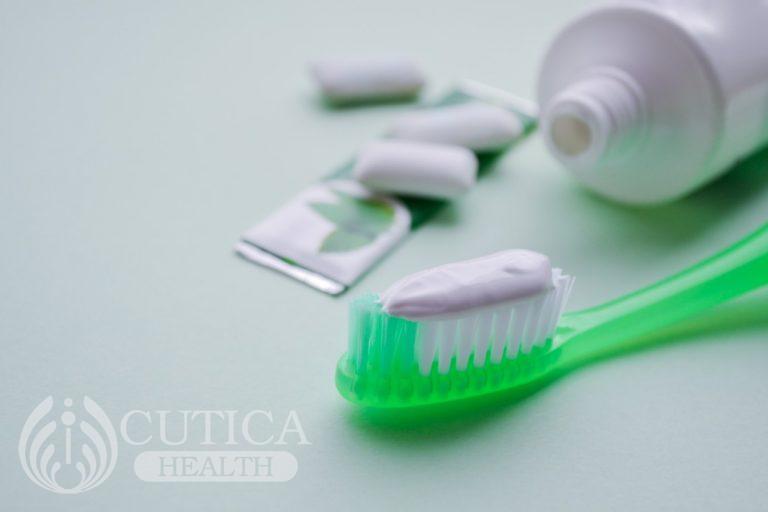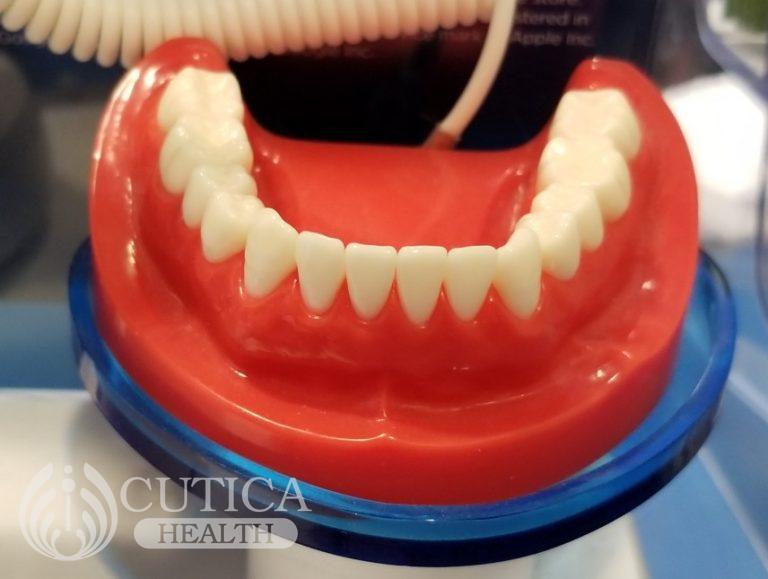Can poor oral hygiene cause heart disease?
Michael is in his early 50s. A month ago, he started having episodes of fever, chills, and severe fatigue. One day, Michael was rushed to the emergency room after developing weakness in his left hand. Following detailed examination, the doctors concluded that Michael had an infected heart valve, and had suffered a stroke as a result. Michael, who considered himself a picture of health before his current illness, was surprised when doctors revealed that his heart infection originated from infected gums.
How does oral infection cause a heart disorder?
Poor oral hygiene can result from inadequate or improper tooth brushing. This will lead to the accumulation of ‘plaque’, the white or yellowish substance that you see when you scrape the tooth surface.
Dental plaque is the habitat for hundreds of bacteria that have the potential to cause infection. Plaque that remains on teeth, over time, tends to cause infection of the gums. Ignorance of oral hygiene will further lead to the progression of infection that will worsen the health of your gums. Common signs of gum diseases are:

- Bleeding gums
- Dull pain or swelling in the gums
- Bad breath
- Loose tooth
Disease-causing bacteria can travel from the gums to other parts of the body through circulating blood. In Michael’s case, the bacteria travelled to his heart and settled on the heart valves. Once on a heart valve, bacteria grow and cause an illness called endocarditis. This is what Michael had. Because blood from the heart reaches every part of the body, bacteria in the heart can be carried to different parts of the body. In Michael’s case, the bacteria was carried to his brain and caused a stroke!
Other persons with infected heart valves develop bacterial infection with pus collection (abscesses) in places like the liver, lungs, joints, and spine.
Who is at risk for heart valve infection (endocarditis)?
Some persons are born with heart valves (bicuspid aortic valve) that makes it easier for bacteria to take hold. The presence of an artificial material such as an artificial heart valve also facilitates accumulation and growth of bacteria in that area.
What is the treatment?

Treatment of heart diseases is complex and in cases where there is an infection of the valve, the life of the individual is at a great risk. Treatment of heart valve infection involves administration of high doses of antibiotics intravenously for several weeks. Some people require surgery to remove the infected heart valve. As such, prevention is the key, and this starts with good dental health.
Prevention of gum diseases
Maintaining optimal oral hygiene with toothbrushing and other oral hygiene aids will avoid the occurrence of gum diseases. The American Dental Association recommends the following:
- Brush twice daily for two minutes with fluoride toothpaste.
- Clean the space between your teeth with floss or interdental brushes as recommended by your dentist
- Visit your dentist regularly to prevent oral diseases
- Maintain a healthy and balanced diet with less sugar intake
- Use mouthwashes as recommended by your dentist

Those who have artificial heart valves need to take an antibiotic before certain dental procedures (prophylaxis) to prevent infection of their artificial heart valve.
Take Home Message: Oral hygiene is ignored by many individuals. Because poor oral hygiene can lead to heart valve infection (endocarditis), it is essential to adopt good oral hygiene practices to maintain a healthy oral cavity. Never ignore oral problems, and visit your dentist whenever necessary.









